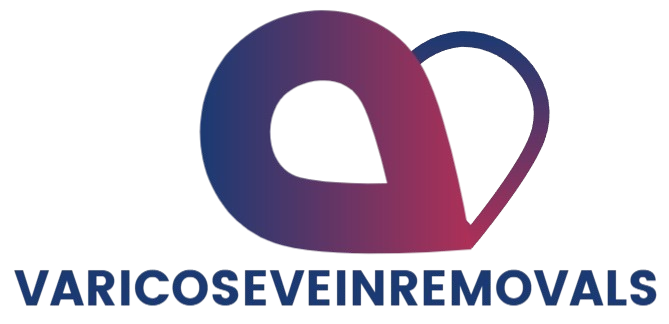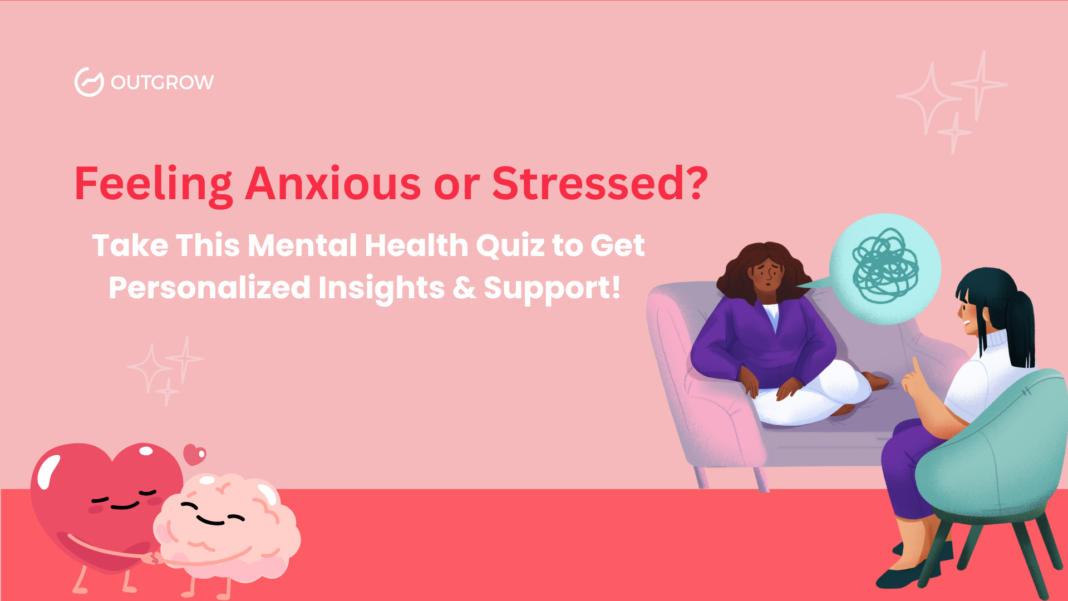In today’s world, where the pace rarely slows and digital noise is constant, it’s not uncommon to feel anxious, overwhelmed, or emotionally drained. But when those feelings persist, it can be hard to tell whether you’re simply dealing with a tough day—or something deeper. That’s where tools like mental health quizzes come in, offering a bridge between confusion and clarity, between stress and support.
More than just an online trend, these interactive self-assessments are transforming how people understand and respond to their emotional well-being. They serve as accessible, user-friendly entry points for people seeking insight into their mental health—and they’re making a powerful impact.
Why Mental Health Quizzes Matter Now More Than Ever
Mental health is no longer a hidden conversation. With increasing awareness and dialogue, more people are exploring their mental well-being, not only when in crisis but as a part of everyday self-care. According to the World Health Organization, one in seven adolescents faces a mental health challenge. In the U.S. alone, the National Institute of Mental Health reports that over 59 million adults experienced some form of mental illness in 2022.
Amid this growing awareness, interactive mental health quizzes have emerged as valuable tools. By prompting self-reflection through carefully crafted questions, these quizzes help users recognize signs of emotional distress, burnout, or imbalance. The result? Personalized insights that can lead to healthier decisions—and, often, the motivation to seek professional guidance.
What Can You Learn from a Mental Health Quiz?
Mental health isn’t one-size-fits-all. That’s why these quizzes are structured around key areas of emotional and cognitive function, including:
- Focus & Concentration: Are you struggling to stay present or feeling constantly distracted? Difficulty focusing can be a sign of mental fatigue, stress, or anxiety.
- Joy & Fulfillment: Have you lost interest in hobbies or social activities that once brought you happiness? Emotional numbness or disinterest is often a red flag.
- Energy Levels: Do you feel physically and mentally exhausted, even after a full night’s rest? Chronic fatigue can indicate deeper emotional strain.
- Eating Habits: Has your appetite changed? Whether it’s overeating or loss of appetite, eating patterns often shift in response to emotional challenges.
- Restlessness or Sluggishness: Are you unusually fidgety, anxious, or slowed down? Changes in physical activity can reflect mood disorders like depression or anxiety.
By identifying patterns in these areas, a mental health quiz doesn’t diagnose, but it does illuminate. It gives you a clearer picture of your current mental state—and a starting point for action.
The Psychology Behind the Quiz: Why It Works
What makes these tools so effective? The answer lies in their accessibility and personalization.
- They Encourage Reflection: A well-designed quiz invites you to pause and examine how you’re really feeling.
- They Normalize Mental Health Conversations: Completing a quiz feels approachable, reducing the stigma of seeking help.
- They Direct You to Resources: Many quizzes offer tailored advice or point toward professional support.
- They Deepen Engagement: For organizations and content creators, offering these tools increases trust and interaction with their audience.
And in an age where digital interaction is key, mental health quizzes have proven their worth. Platforms that have integrated such tools report a surge in user engagement, with monthly site visits in the hundreds of thousands and users returning for more resources.
Creating a Mental Health Quiz: A Tool for Empowerment
If you’re a wellness brand, educator, or mental health advocate, developing a quiz can be a powerful way to engage your audience. Tools like Outgrow make this process intuitive and customizable. Here’s how it works:
- Choose a Quiz Format: Outgrow offers templates specifically designed for health and wellness.
- Write Thoughtful Questions: Use language that’s gentle and nonjudgmental. Focus on emotional check-ins, stress levels, habits, and lifestyle factors.
- Design with Empathy: Include visuals that create a calming experience—soothing colors, nature imagery, or minimalist layouts help users feel safe.
- Map Personalized Outcomes: Based on user responses, offer actionable recommendations: journaling prompts, breathing exercises, professional helplines, or therapy options.
- Embed and Share: Publish your quiz across your website, blog, or social platforms to maximize accessibility.
- Track Performance: Use analytics to understand what users need most and fine-tune your content for greater impact.
A Safe Step Toward Support
One of the most powerful aspects of mental health quizzes is that they meet people where they are. Not everyone is ready to speak with a therapist or even articulate what they’re feeling. A quiz, however, offers a low-pressure way to begin. It can validate emotions, encourage self-compassion, and open the door to deeper healing.
Of course, it’s important to remember: these quizzes are not diagnostic tools. They are not meant to replace professional mental health support. But they are valuable first steps—especially when paired with educational resources and access to care.
Final Thoughts: Empowerment Through Awareness
Just like a fitness tracker encourages you to move more, a mental health quiz encourages you to feel more—and understand why you feel the way you do. In a time when mental health challenges are rising, tools that promote awareness, compassion, and early action are essential.
Whether you’re an individual seeking clarity or a brand looking to support your community, the message is clear: understanding mental health starts with a simple question. Or maybe five. The answers you discover could make all the difference.
Mental well-being isn’t just about surviving—it’s about thriving. And sometimes, all it takes is a short quiz to start that journey.



